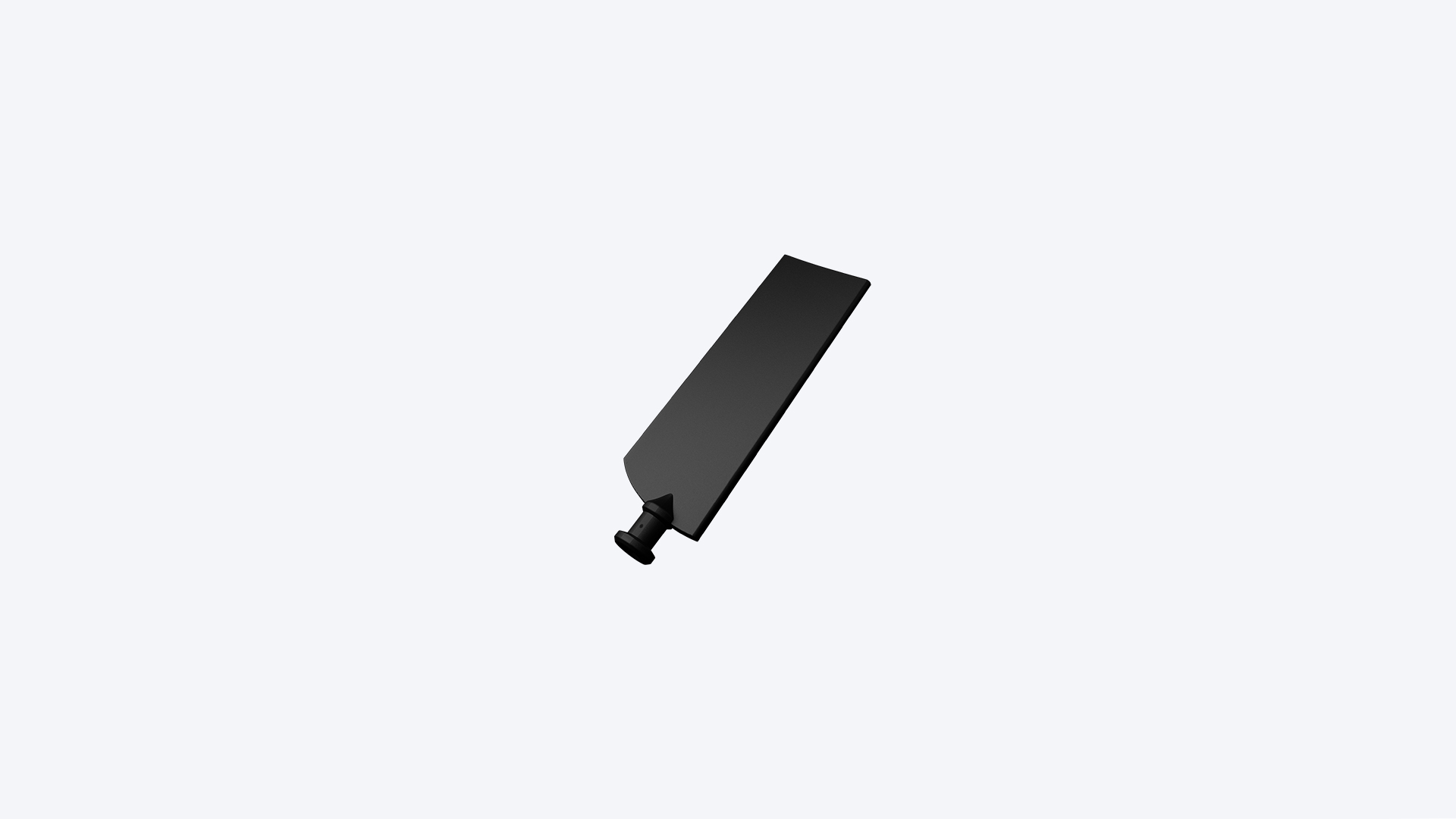
Production of non-metallic fan blades: PDO and Roboze introduce 3D printing and advanced materials to the energy sector
During Formnext 2023, the Roboze booth was the stage for an extraordinary speech given by Arash Shadravan, Global Business Development Director of Roboze, dedicated to the case study in collaboration with Petroleum Development Oman (PDO). The goal was to reinvent the production, storage, and supply process of non-metallic blades for cooling 17 MW electric motors, bringing results that go far beyond expectations.
• Supply chain resilience: Roboze's additive manufacturing has proven to be the key to a robust and responsive supply chain. By dramatically reducing lead times and minimizing downtime, this approach has ensured unprecedented operational flexibility, allowing PDO to quickly adapt to energy market dynamics.
• Importance of super polymers and composites: the use of super polymers and composites played a fundamental role in the case study of non-metallic blades. The corrosion resistance of these materials has meant less maintenance, thus contributing to the durability and reliability of the blades. This aspect represented a paradigm shift in the sector, highlighting the crucial importance of advanced materials in the production of energy components.
• Cost savings and environmental impact: another key element of success is cost savings and optimization of environmental impact. The solutions offered by Roboze have not only helped reduce operational costs for PDO, but have also demonstrated a tangible commitment to a more sustainable future. The adoption of non-metallic materials has been a key component of this strategy, highlighting how advanced technologies can combine operational efficiency and environmental responsibility.
The PDO-Roboze case study presents valuable results in terms of technical feasibility and benefits of non-metallic additive manufacturing in the energy sector. It shows how industrial 3D printing strengthens the supply chain and enables sustainable digital warehousing. The project expands existing knowledge on the production of non-metallic parts for the oil and gas industry using industrial 3D printing. It also highlights that adopting digital warehousing strategies could drive operational excellence and eliminate the possibility of downtime due to supply chain challenges.
